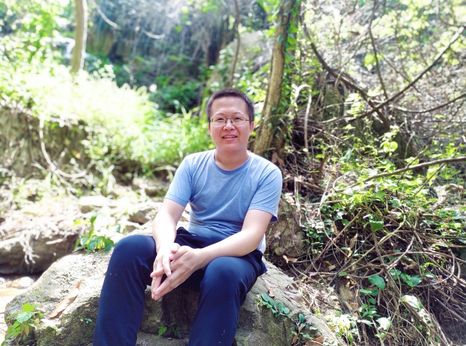Covid-19 activist held incommunicado

Terminus2049 (端点星计划) was set up in January 2018, through the online crowd-sourcing platform GitHub. This project works to archive articles that were removed from mainstream media outlets and social media by state censorship. The project has now archived hundreds of articles, including a lot of recent articles related to COVID-19.
On 19 April 2020, Chen Mei (陈玫), Cai Wei (蔡伟) and Cai's girlfriend, surnamed Tang (唐), were taken away by police in Beijing. Family members of Cai Wei and his girlfriend reportedly received information from police in Beijing’s Chaoyang District on 24–25 April. According to the available information, Cai and Tang have both been placed under “residential surveillance in a designated location” (指定居所监视居住) on suspicion of “picking quarrels and provoking trouble” (寻衅滋事罪). Based on this information, Amnesty International suspects that Chen Mei has been subjected to similar measures.
Since the outbreak of the COVID-19 pandemic in China, numerous articles relating to the virus have been censored, including ones published by mainstream media organizations such as a subsidiary of Beijing Youth Daily and Caijing. Certain social media posts, sensitive hashtags and demands for free speech have all been quickly deleted or censored.
There have been many reports of independent journalists and activists having been harassed by authorities for sharing information about COVID-19 on social media. These include outspoken lawyer and citizen journalist Chen Qiushi, who reported being harassed by the authorities after posting footage from hospitals in Wuhan, and Wuhan resident Fang Bin, who was briefly taken away by the authorities after posting a video purporting to show corpses of COVID-19 victims.
“Residential surveillance in a designated location” is a measure that, under certain circumstances, enables criminal investigators to hold individuals for up to six months outside the formal detention system in what can amount to a form of secret incommunicado detention. When held without access to legal counsel of their choice, their families or others, suspects placed under this form of “residential surveillance” are at risk of torture and other ill-treatment. This form of detention has been used to curb the activities of human rights defenders, including lawyers, activists and religious practitioners. Activists and human rights defenders continue to be systematically subjected to monitoring, harassment, intimidation, arrest and detention.